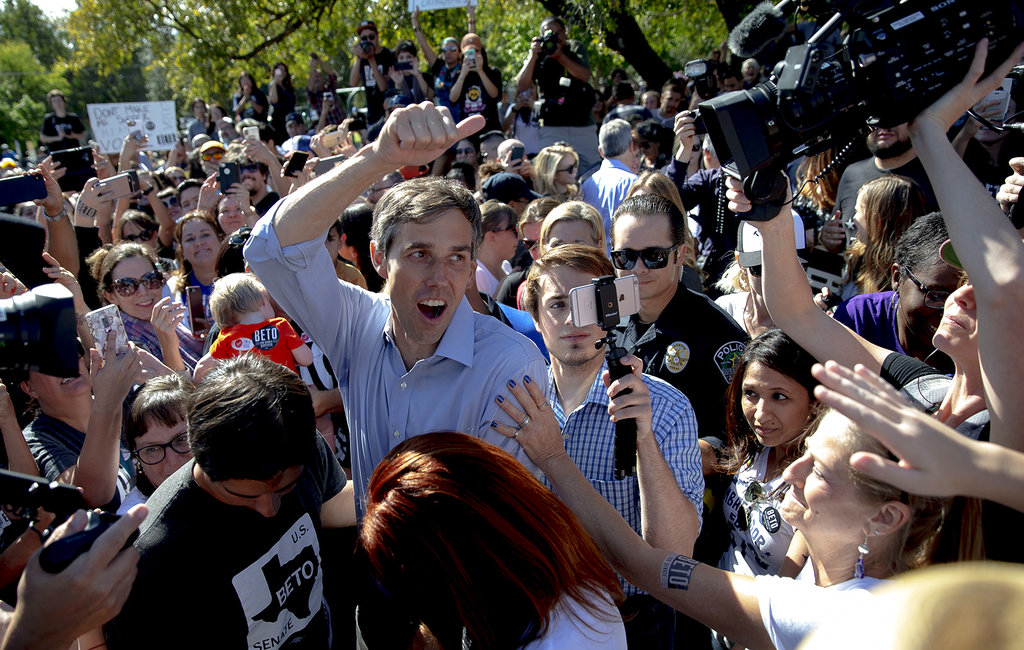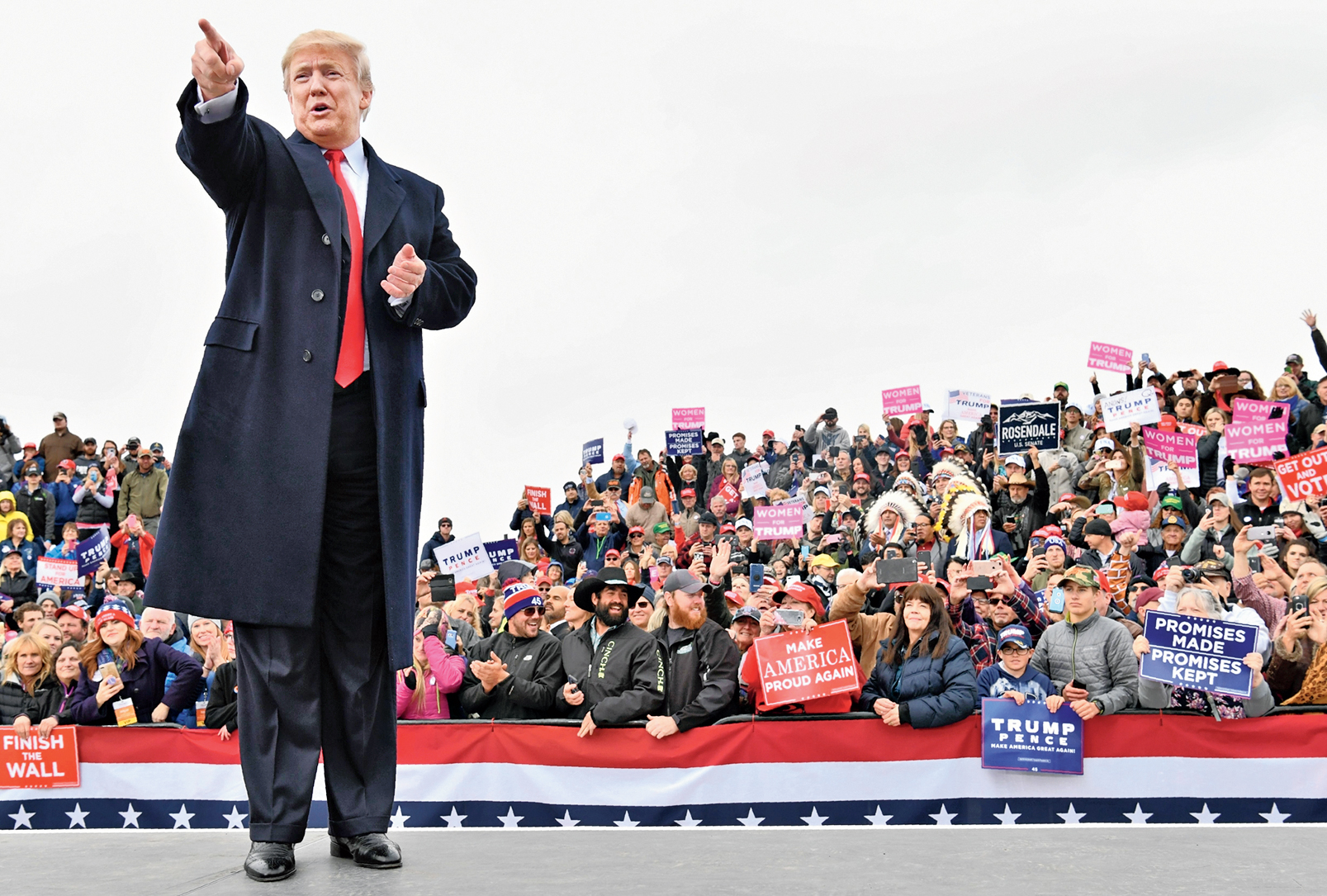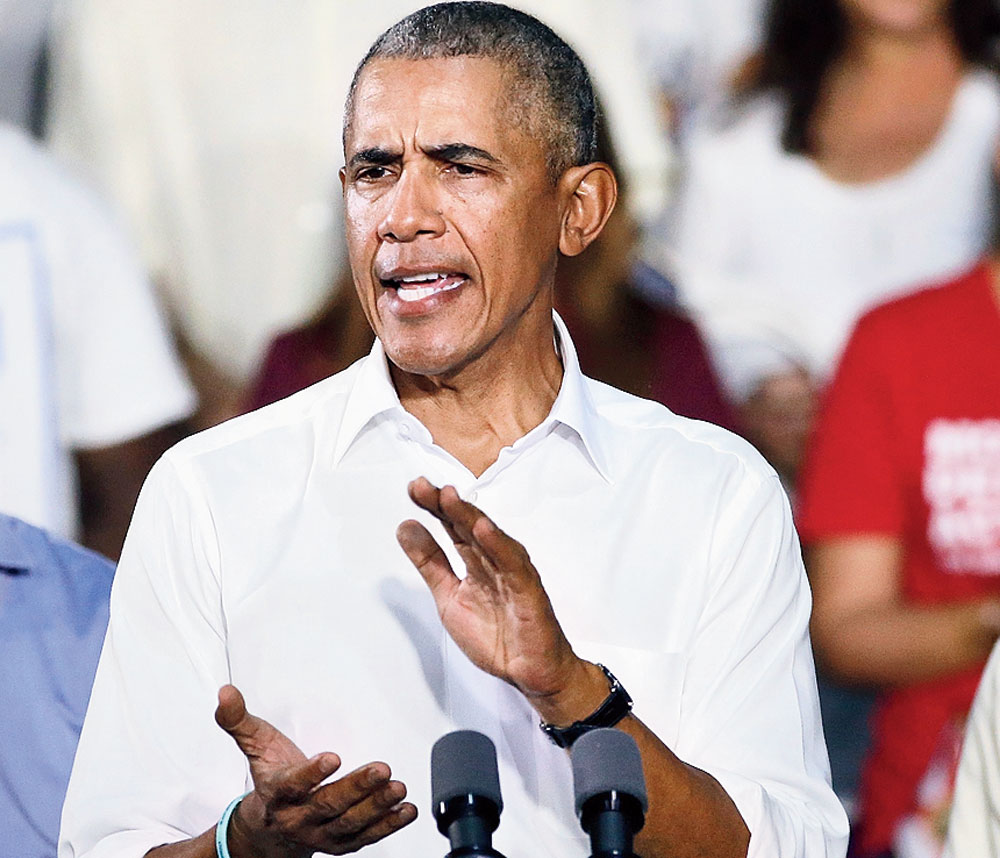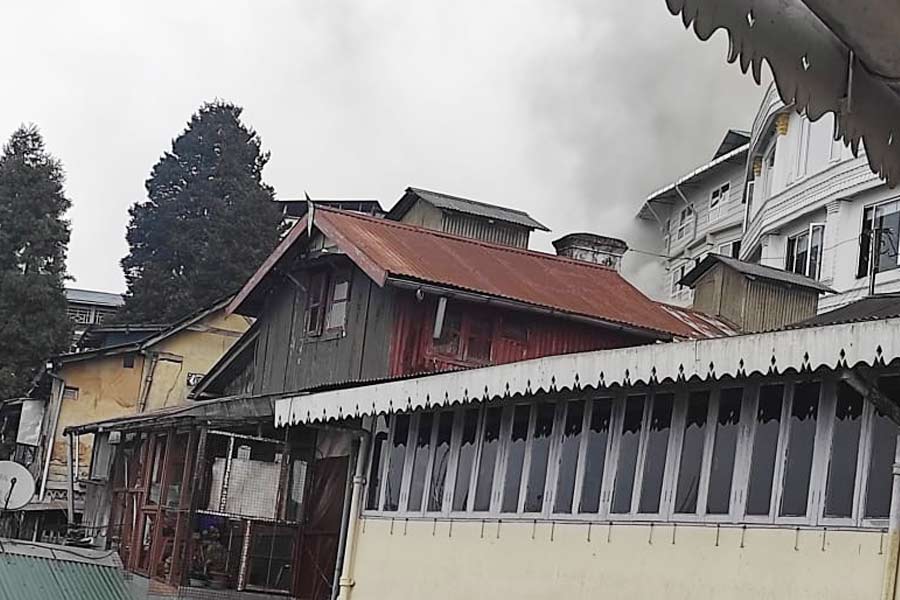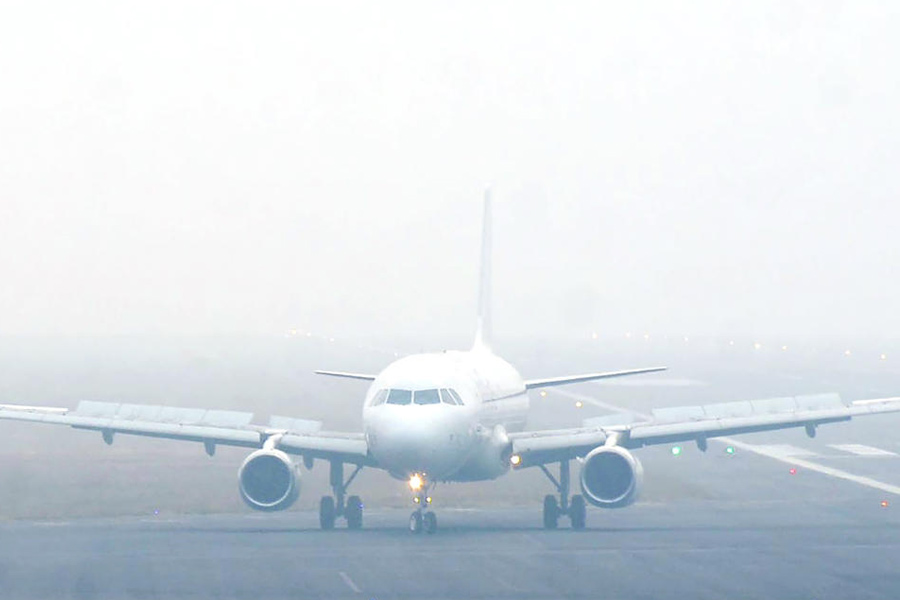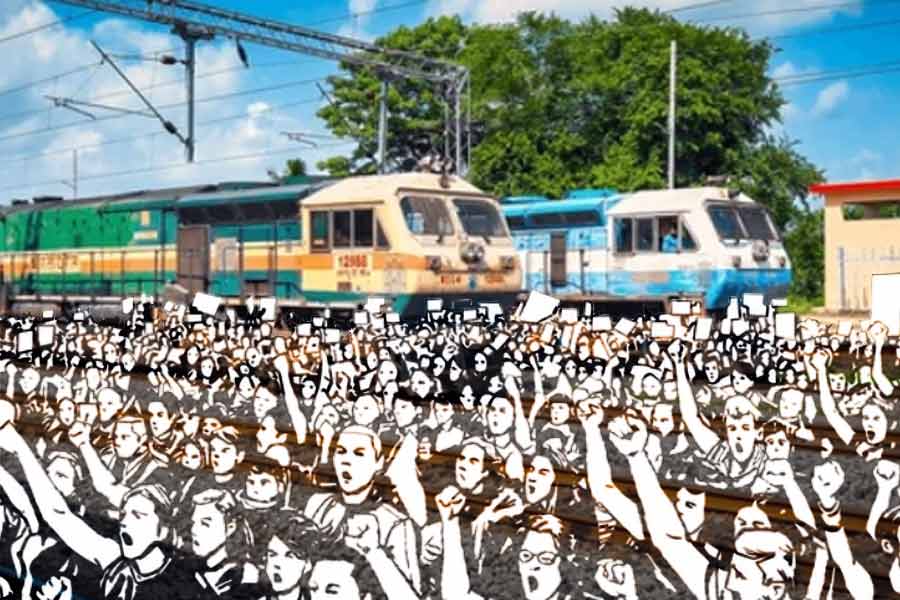'Don't mess with Texas!' In what is singularly the most exciting spectacle in Tuesday’s midterm elections to the United States Congress, this decades-old declaration of Texan identity is being challenged by the Democratic Party.
If their gamble pays off and Ted Cruz, the high-profile junior Senator from Texas, is unseated, it could have far-reaching consequences for future American politics that will rehabilitate the Southern border state and put it at the front and centre of national political discourse.
As voting day approaches, the Democratic candidate, Beto O’Rourke, has an outside chance of winning. The last time Texas elected a Democrat to the US Senate was in 1988. Whether O’Rourke wins or loses, his campaign is likely to make it to the Guinness Book of Records for the money this Senate race has raised. At the time of writing, the combined total in this race has crossed $100 million, estimated to be among the highest for any state-wide election in the US ever. Of this, O’Rourke has mobilised $70 million while Cruz, despite his nation-wide name recognition as a 2016 Republican presidential aspirant, is way behind with only $30 million.
O’Rourke’s $70 million does not include unlimited money being spent on his campaign by “Political Action Committees,” or PACs which are supposedly independent of a candidate and campaigns for or against someone in “public interest.” The Kodaikanal-schooled Chris Van Hollen, Chairman of the Democratic Senatorial Campaign Committee for the current elections, would not have put in any significant money into the Texas Senate race if Democrats did not have a chance – howsoever slim – of taking back the seat after his party has been in the wilderness in the “Lone Star state” for 30 years.
Unlike in California, where Latino voters have been faithfully with the Democrats, in Texas, the community is notoriously fickle. Partly because a vote for the Democrats in Texas is, more often than not, a vote wasted. So during this mid-term campaign, a hugely popular California-based Mexican music group, Los Tigres del Norte – translated as Tigers of the North – travelled to Latino strongholds near the Texan border with Mexico to perform in support of O’Rourke. The Democratic candidate has been welcomed heartily on all major American late-night television shows which influence voters – especially the young ones. It is a reflection of the state of play in the Cruz-O’Rourke contest that although O’Rourke was the guest on these shows much of talk centered round Cruz.
To a very large extent, voters in Texas may have already exercised their choice on who should represent them in this Senate seat. Early voting in the state this time is at a record high. What gives hope to Democrats is an exceptionally high turnout of early voters in urban centres such as Houston, Austin, San Antonio and El Paso. This year, Democrats in Texas have taken a leaf out of Obama’s playbook in 2008 and 2012, when he massively registered new voters from his party’s vote banks. Record turnout of early voters in traditionally liberal urban counties suggest that O’Rourke has not only registered his supporters as voters but his election machine has also persuaded them go and vote for sure and early.
But Cruz supporters have not been sitting pretty. Texas is a vast reservoir of Republican support across the state with small pockets of Democratic voters in and around a few urban counties like Harris, El Paso and Bayer. Early voting has been high in many Republican areas too, making it difficult to predict the result with absolute certainty.
Texas is unique in many ways. Two US presidents were native Texans: Dwight D Eisenhower and Lyndon B Johnson. But America had two other presidents who identified completely with Texas and now live there in retirement: George H W Bush, who was born in Massachusetts, and his son, the 43rd President, who was born in Connecticut (George Jr was also Texas governor). If the two Bushes had been identified with the liberal states where they were born, they may never have occupied the White House. Being Republican has become part of the Texan identity in our times. So the slogan “Don't Mess with Texas!”, originally conceived as part of an anti-littering campaign – which later became an assertion of the state’s identity – applies to politics as well, but that is what O’Rourke is attempting to do.
K.P. Nayar reported for The Telegraph as a foreign correspondent from Washington, DC, for 15 years
An upset victory for O’Rourke on Tuesday night could pave the way for his emergence in 2024 as the Democratic nominee for the White House. He would instantly acquire the public persona of what Indians call a “giant killer” on an election night. Like Barack Obama in 2008, O’Rourke would then be a one-term Senator seeking the presidency. O’Rourke is handsome and telegenic. Like Obama, he is articulate and if he is on the national stage for the next six years as a Senator, his already impressive oratory will be further polished to scale the heights of Obama’s and Bill Clinton’s.
For Republicans, Texas is the crown jewel on the national electoral map. It is America’s second largest state in size and population, second only to California in the strength of the electoral college that chooses Presidents. Over the years, Republicans have created a permanent majority for their party at all levels in Texas through gerrymandering. It is anomalous that Texas has Congressional districts – constituencies, as Indians understand – that run through seven-hour winding drives: these have been created only to keep Democrats from being elected to office.
Yet, Hollywood and the liberal sporting fraternity have sensed a chance to change that in this mid-term election. That is why actress Sarah Jessica Parker and basketball star LeBron James are going everywhere these days wearing O’Rourke buttons declaring support for the underdog Senate candidate, although they are not Texans. That is why singer-songwriter Willie Nelson and soul singer Leon Bridges appeared on stage together with O’Rourke in Austin, the state capital, where they drew a record crowd of 60,000 people.

